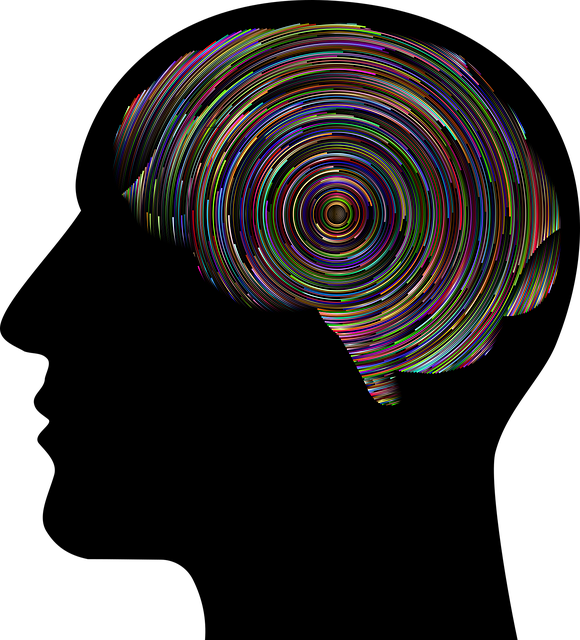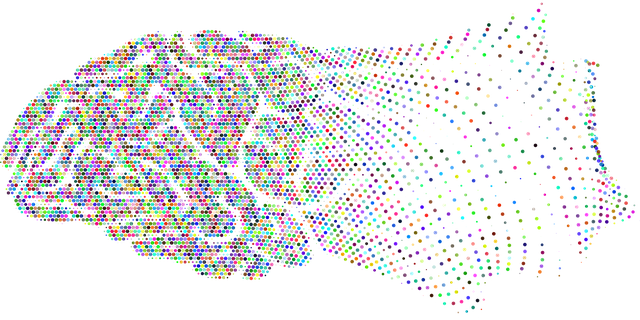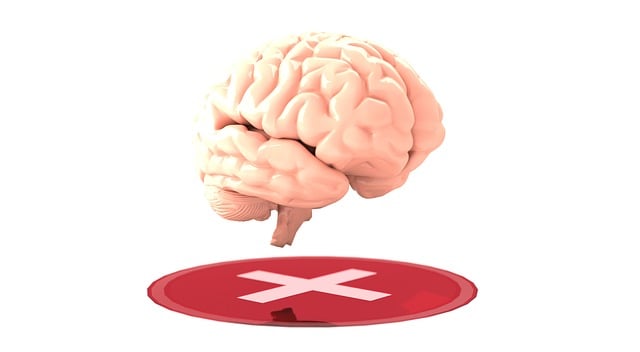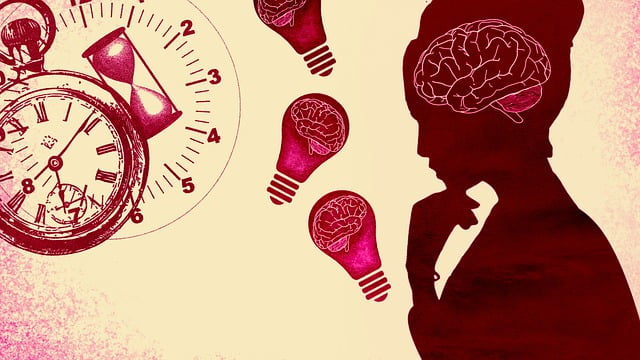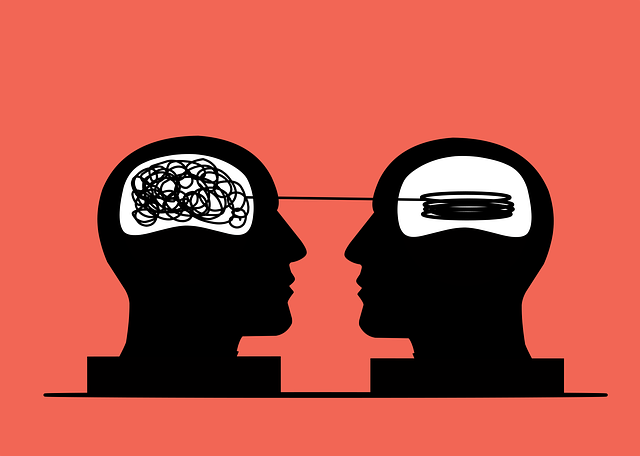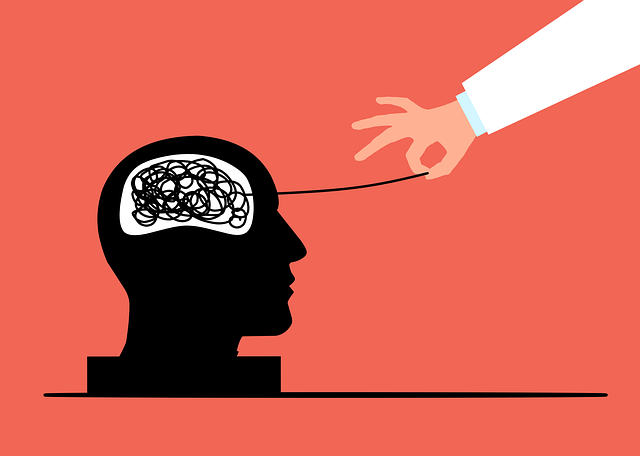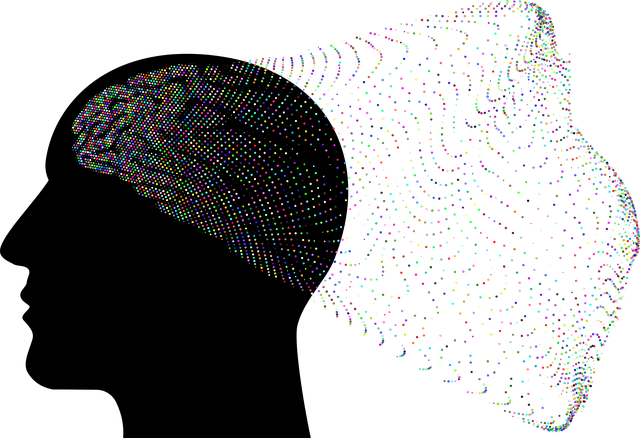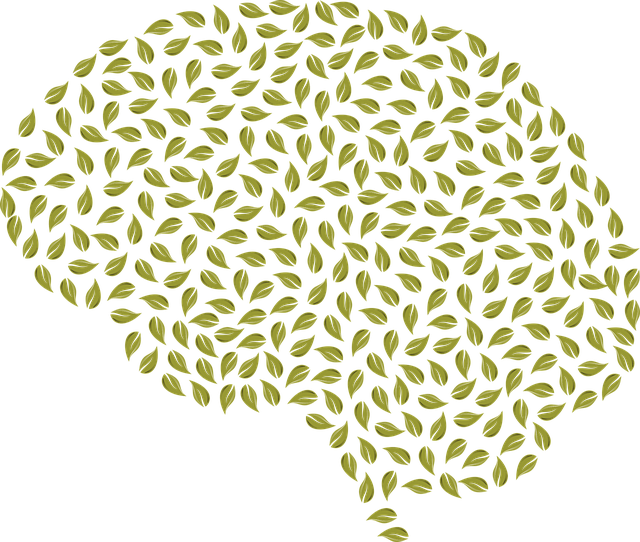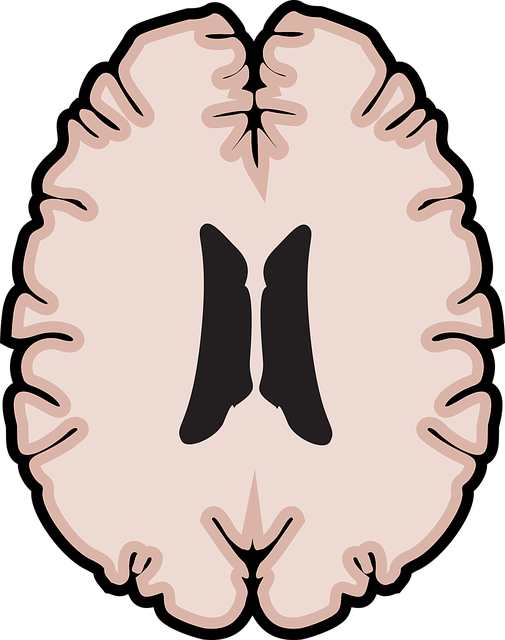Developing effective self-assessment tools for mental wellness involves understanding emotional, psychological, and social factors, integrating evidence-based practices and technology, and considering risk management. Key focus areas include depression, anxiety, stress, and sleep disturbances, with strategies like mood management crucial. Combining quantitative (e.g., Golden Depression Therapy surveys) and qualitative methods enriches assessments, enabling tailored interventions like Community Outreach Programs. Incorporating Golden Ratio principles and cultural sensitivity in therapy, including diverse practices, enhances personalized treatment plans for conditions like Golden Depression, fostering global mental health initiatives.
Mental wellness self-assessment tools play a pivotal role in individual well-being, offering crucial insights for personalized therapy. This article explores the development of effective assessment frameworks, from understanding mental health fundamentals and identifying key dimensions like depression and anxiety to integrating quantitative and qualitative methods. We delve into the innovative application of Golden Ratio principles for tailored treatment, emphasizing cultural sensitivity and validity testing. By combining these elements, we aim to enhance mental health management through advanced self-assessment tools, particularly focusing on leveraging techniques from Golden Depression Therapy.
- Understanding Mental Health and Self-Assessment: Setting the Foundation for Effective Tools Development
- Identifying Key Mental Wellness Dimensions: Depression, Anxiety, Stress, and More
- Designing Comprehensive Assessment Frameworks: Integrating Quantitative and Qualitative Methods
- Incorporating Golden Ratio Principles in Therapy: Unlocking Personalized Treatment Pathways
- Testing, Validity, and Cultural Sensitivity: Ensuring Effective and Inclusive Self-Assessment Tools
Understanding Mental Health and Self-Assessment: Setting the Foundation for Effective Tools Development

Understanding mental health is the cornerstone upon which effective self-assessment tools development rests. It involves recognizing that mental wellness encompasses a complex interplay of emotional, psychological, and social factors, distinct from mere absence of disorder. Mental health professionals must grasp this nuanced understanding to create tools that accurately assess a wide array of conditions, from common stress and anxiety to more severe ailments like Golden Depression Therapy.
Self-assessment tools play a pivotal role in facilitating mental wellness, enabling individuals to gain valuable insights into their emotional states and trigger factors. By integrating principles from evidence-based practices and leveraging recent advancements in technology, developers can craft innovative solutions that enhance mental health awareness and support individuals on their journeys towards healing. Moreover, considering the evolving landscape of risk management planning for mental health professionals is crucial to ensure these tools are both safe and effective.
Identifying Key Mental Wellness Dimensions: Depression, Anxiety, Stress, and More

Identifying key mental wellness dimensions is a crucial step in developing effective self-assessment tools. Common areas of focus include depression, anxiety, and stress, which are often considered core indicators of overall mental health. Depression, characterized by persistent feelings of sadness and loss of interest, can be a gateway to other mental health issues and significant life impairments. Anxiety, marked by excessive worry and fear, affects millions globally and can manifest in various forms, from social anxiety to panic disorders. Stress, an inevitable part of modern life, becomes problematic when it’s chronic and overwhelming, leading to a range of physical and emotional symptoms.
Beyond these, other dimensions may include sleep disturbances, substance abuse, and difficulties in mood management or emotional regulation. Effective self-assessment tools should capture these diverse aspects to provide a comprehensive picture of an individual’s mental wellness. Incorporating strategies for improving mood management and emotional regulation can be transformative, offering valuable insights for personalized Golden Depression Therapy and enhancing the overall Mental Wellness Podcast Series Production.
Designing Comprehensive Assessment Frameworks: Integrating Quantitative and Qualitative Methods

Developing comprehensive mental wellness self-assessment frameworks requires a nuanced approach that integrates both quantitative and qualitative methods. Quantitative techniques, such as standardized surveys and scales, offer objective data on symptoms, behaviors, and cognitive functions, providing a solid foundation for initial screening and tracking progress over time. These tools help identify patterns and trends within large populations, allowing researchers and clinicians to design targeted interventions for common mental health issues like Golden Depression Therapy.
Qualitative methods, on the other hand, bring depth and nuance by capturing individuals’ subjective experiences, beliefs, and perceptions surrounding their mental wellness. Techniques like semi-structured interviews, focus groups, and diary entries allow for a better understanding of personal challenges, coping strategies, and the impact of social support or compassion cultivation practices such as Self-Esteem Improvement. Integrating both quantitative and qualitative data enriches the assessment framework, enabling a more holistic view of an individual’s mental wellness and guiding tailored interventions that may include Community Outreach Program Implementation to address diverse needs.
Incorporating Golden Ratio Principles in Therapy: Unlocking Personalized Treatment Pathways

Incorporating Golden Ratio principles in therapy offers a promising approach to personalized treatment, particularly in addressing mental health concerns like Golden Depression. This therapeutic strategy leverages the idea that individuals thrive when their psychological and emotional states align with natural, harmonious ratios—similar to how the Golden Ratio (a mathematical constant found in nature) is believed to underlie beauty and balance.
By integrating these principles, therapists can tailor interventions to individual needs. For instance, a risk assessment for mental health professionals, coupled with cultural sensitivity in mental healthcare practice, can help identify clients at higher risk of Golden Depression. This allows for proactive interventions that consider both the client’s unique psychological makeup and their cultural background. Effective risk management planning enables professionals to create personalized treatment plans, aiming to mitigate symptoms and enhance overall mental wellness.
Testing, Validity, and Cultural Sensitivity: Ensuring Effective and Inclusive Self-Assessment Tools

Developing mental wellness self-assessment tools requires rigorous testing and validation to ensure their effectiveness and inclusivity. These tools play a pivotal role in identifying individuals’ psychological well-being, offering insights that guide tailored interventions. Cultural sensitivity is paramount during this process. The diversity of human experiences demands that assessment methods consider various cultural contexts, languages, and belief systems. This approach ensures that the tools are accessible and meaningful to a broad spectrum of users, fostering trust and encouraging honest self-reflection.
For instance, when creating instruments to detect symptoms of Golden Depression Therapy, researchers must go beyond Western norms. Incorporating insights from Eastern philosophies or indigenous healing practices can enrich the assessment by offering alternative perspectives on mood management, self-esteem improvement, and empathy building strategies. Such cultural integration promotes the tool’s validity across diverse populations, making it a valuable resource in global mental health initiatives.
The development of robust mental wellness self-assessment tools is a pivotal step in enhancing access to personalized therapy. By understanding mental health, identifying key dimensions like depression and anxiety, and employing comprehensive assessment frameworks, we can create effective resources. Integrating quantitative and qualitative methods ensures a nuanced approach, while applying Golden Ratio principles allows for tailored treatment pathways. Ultimately, rigorous testing, validity checks, and cultural sensitivity are crucial to ensure these tools benefit diverse individuals seeking mental health support, including those facing challenges like golden depression therapy.
